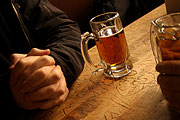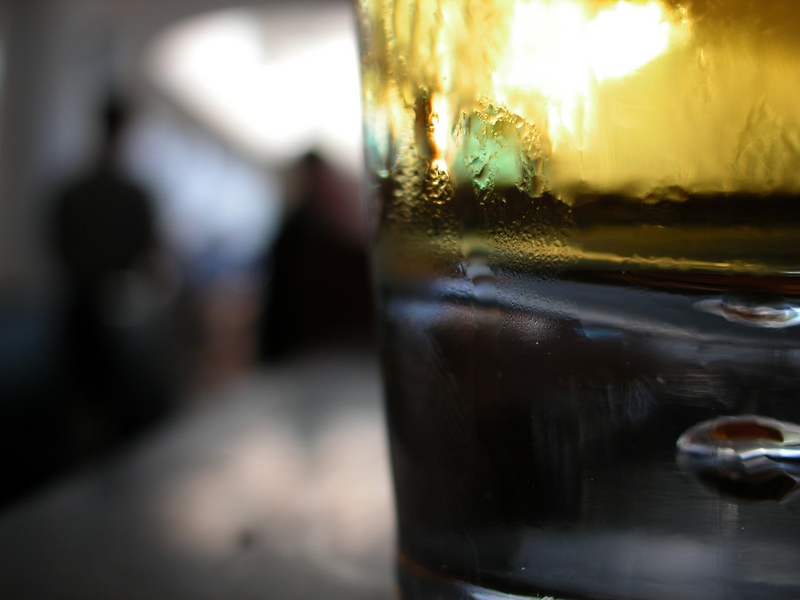
FRIDAY, Feb. 8 (HealthDay News) — Adults who grew up in states where it was legal to drink alcohol before age 21 are more likely to be binge drinkers, a new study indicates.
Researchers analyzed the long-term drinking behavior of more than 39,000 people who began drinking in the 1970s, when the legal drinking age in some states was as low as 18.
Compared to people from states where the legal drinking age was 21, those from states with lower drinking ages were not more likely to consume more alcohol overall or to drink more frequently. They were, however, more likely to drink heavily when they did drink.
For example, men who grew up in states with a legal drinking age lower than 21 were 19 percent more likely to binge drink more than once per month. Among men who didn’t go to college, the likelihood of binge drinking more than once a month was 31 percent higher.
Binge drinking is defined as five or more drinks during a single drinking session for a man and four or more drinks for a woman.
“It wasn’t just that lower minimum drinking ages had a negative impact on people when they were young,” study author Andrew Plunk, a postdoctoral research fellow in psychiatry at the Washington University School of Medicine in St. Louis, said in a school news release. “Even decades later, the ability to legally purchase alcohol before age 21 was associated with more frequent binge drinking.”
The findings, published online Feb. 6 in the journal Alcoholism: Clinical & Experimental Research, should be a warning to people who want to lower the legal drinking age, the researchers said.
“Binge drinking on college campuses is a very serious problem,” Plunk says. “But it’s also important not to completely forget about young people who aren’t on college campuses. In our study, they had the greatest risk of suffering the long-term consequences linked to lower drinking ages.”
More information
The U.S. Centers for Disease Control and Prevention has more about binge drinking.

